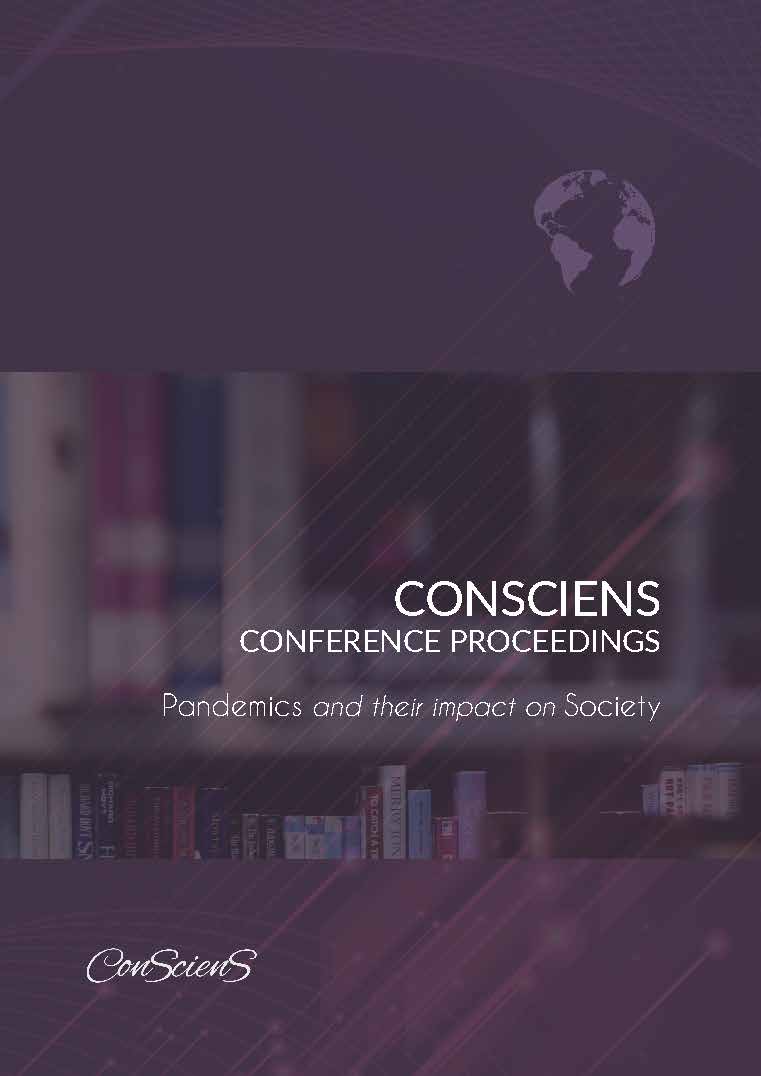Deprivation of Liberty - ‘Medical Punishment’ during the State of Emergency in Romania
Deprivation of Liberty - ‘Medical Punishment’ during the State of Emergency in Romania
Author(s): Marius-Adrian Arva
Subject(s): Politics / Political Sciences, Civil Law, Human Rights and Humanitarian Law, Governance, Health and medicine and law
Published by: Scientia Moralitas Research Institute
Keywords: emergency state; institutionalized quarantine;
Summary/Abstract: The state of emergency established in Romania as a result of the epidemiological evolution determined the authorities to take extraordinary measures to limit the pandemic's negative effects, being adopted rules stating that individuals for which self-isolation or quarantine was established who do not comply with these measures will be forcibly placed into quarantine, under guard, being held for criminal liability, and also put to pay the expenses incurred. To these considerations, the present study proposes the thesis that the forced quarantine must be assimilated to placing the person in detention, within the meaning of the criminal law for this, contemplating that the state has violated procedural rights of individuals, as well as the right to free access to justice, the measures imposed by the analyzed rules aiming in fact at the most drastic resort possible, without giving the possibility to establish proportionate measures. The study also shows that the rules exceed the framework of the tactical police measure of leading persons to the headquarters of a judiciary organization, as well as that the misdemeanor or criminal punishment of persons who do not comply with the measure of self-isolation or quarantine, complementary to the measure of forced quarantine and the imputation of the expenses occasioned by this measure, violates the criminal procedural principle ne bis in idem, given that the authorities have in fact sought to double sanction individuals targeted by these measures. In order to demonstrate the submitted theses, a qualitative analysis will be made of the concepts captured in the jurisprudence of the constitutional and the supreme courts of Romania, as well as in the cases of interest with which the European Court of Human Rights was invested, not least, pointing the discoveries reported in the criminal doctrine on the elements introduced in this paper.
Book: ConScienS Conference Proceedings
- Page Range: 145-151
- Page Count: 7
- Publication Year: 2020
- Language: English
- Content File-PDF

